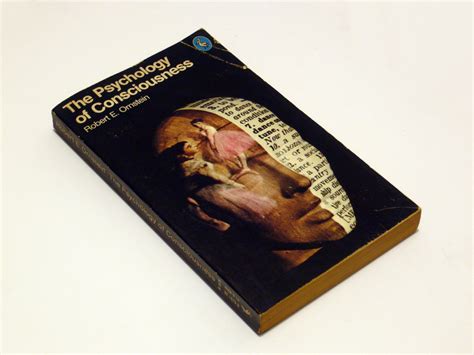A Quote by Philip K. Dick
The mentally disturbed do not employ the Principle of Scientific Parsimony: the most simple theory to explain a given set of facts. They shoot for the baroque.
Related Quotes
There are two ways of forming an opinion. One is the scientific method; the other, the scholastic. To the scientific mind, experimental proof is all-important, and theory is merely a convenience in description, to be junked when it no longer fits. To the academic mind, authority is everything, and facts are junked when they do not fit theory.
Facts and theories are different things, not rungs in a hierarchy of increasing certainty. Facts are the world's data. Theories are structures of ideas that explain and interpret facts. Facts do not go away while scientists debate rival theories for explaining them. Einstein's theory of gravitation replaced Newton's, but apples did not suspend themselves in mid-air pending the outcome.
It is ironic that the scientific facts throw Darwin out, but leave William Paley, a figure of fun to the scientific world for more than a century, still in the tournament with a chance of being the ultimate winner... Indeed, such a theory is so obvious that one wonders why it is not widely accepted as being self-evident. The reasons are psychological rather than scientific.
In short, evolution is as close to being a scientific fact as is possible for any theory, given that science is open - ended and no one can predict with certainty what may change in the future. The prospect that evolution by natural selection, at least as a broad mechanism, will be overthrown in the future is about as likely as the prospect of finding out some day that the Earth is really flat. Unfortunately, those who regard these scientific facts as a threat to faith have chosen to distort and misrepresent them to the public.
No theory ever agrees with all the facts in its domain, yet it is not always the theory that is to blame. Facts are constituted by older ideologies, and a clash between facts and theories may be proof of progress. It is also a first step in our attempt to find the principles implicit in familiar observational notions.






































